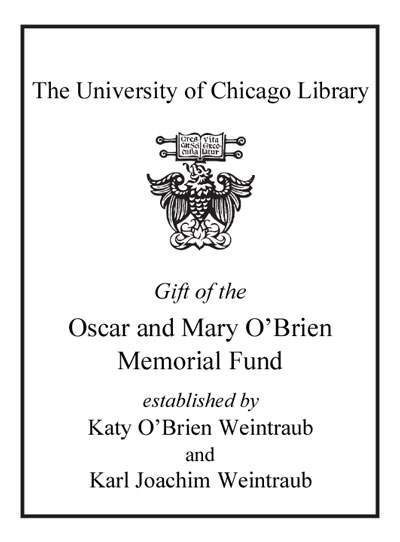Word passed quickly from foxhole to foxhole that they were going. DiLeo felt ? what? ?Relief? wasn?t a strong enough word. He felt a stab of hope, of exhilarating hope. He had seen so much in the past two days. He had helped carry the shattered bodies of the wounded to the helicopters for evacuation. He had seen the man whose warmth comforted him in his hole through a freezing wet night lying stiff and dead. He had seen two men, one of them his good friend, simply erased from existence in an instant. He had been shot, albeit not badly. It had made him feel, not imagine or think, but feel how temporary was his life, and how, from one breath to the next, it could end. This shift in his thinking was subtle but profound. It moved him from fear to acceptance. At a certain point he stopped fearing death or horrible maiming, he just expected it. And now came this: They might get away! It was the first glimmer of hope in two days. He knew that any attempt to move would be dangerous, probably fatal, but that was okay with him. He had come to grips with that. This was a chance. Anything was better than waiting in that hole trying to figure out what to think about in his last moments on earth. He?d rather die trying to live. *** On the appointed day, early in January, Quang left the city with Ngu to supervise the loading. Into the bottom went piles of AK47s, bazooka tubes, and grenades. The egg baskets were planted with ammo. He stayed behind as Ngu set off. Quang could see how nervous he was, so he suggested that he drink some of the moonshine. ?Not enough to get drunk,? he said, ?but enough to look drunk.? Ngu?s face flushed whenever he drank even a little alcohol. So he looked the part as he approached the checkpoints, and played it up. He staggered and bellowed and waved to the guards, offering them his presents, and pleading with them to let him pass quickly, ?Because I am drunk and I?m worried I?m not going to get to Hue on time, and my wife will kill me.? Quang waited back in Kim Do through that entire day. He did not learn until the following afternoon that his ?Uncle? had made the trip safely, and that his men had picked up the shipment. His force now was ready, armed. He could hardly believe it. As he saw it, the miracle proved the truth of Ho?s teachings, that the Party and the army were not enough. Real victory could only come from the people. Excerpted from Hue 1968: A Turning Point of the American War in Vietnam by Mark Bowden All rights reserved by the original copyright owners. Excerpts are provided for display purposes only and may not be reproduced, reprinted or distributed without the written permission of the publisher.

